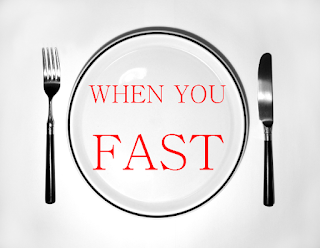 Coronary
artery bypass graft (CABG) offers a new chance of life for thousands of
people each year whose hearts do not get the blood they need to
function properly. But he was also accused of "brain fog", memory loss and thinking
skills following the procedure of some people. These cerebral disorders
are often called cognitive impairment.
Coronary
artery bypass graft (CABG) offers a new chance of life for thousands of
people each year whose hearts do not get the blood they need to
function properly. But he was also accused of "brain fog", memory loss and thinking
skills following the procedure of some people. These cerebral disorders
are often called cognitive impairment.The researchers concluded that the medium and long-term cognitive impairment after cardiovascular procedures "can be rare." However, they recommend that anyone considering open heart surgery or other major cardiovascular procedure should discuss the possibility of cognitive impairment with your surgeon.
Researchers applaud his attempt to answer this important question. But there were several important limitations to their results, even if they chose only the best studies:
* The studies used different methods to compare the procedures and cognitive changes after surgery.
* "Cognitive impairment" is sometimes loosely defined.
* Those potentially increased risk of cognitive impairment after a procedure were excluded, either from the study or not identified as a subgroup.
* The studies did not look at other factors affecting the rapid cognitive decline, such as depression, hypertension, diabetes and levels of education and social support.
These limits mean the results are not the final word on the connection between bypass surgery and cognitive impairment. But they must reassure people who need this.
Bypass and brain
If you have heart disease significantly improved by surgery or another invasive procedure that will get the benefit is likely to outweigh the risk of cognitive impairment. In addition, the risk of cognitive impairment may be greater than the drug therapy of surgery.
For example, people with severe narrowing of their carotid arteries are less likely to have a stroke (one of the main causes of cognitive impairment) if they have a procedure to resolve the problem rather than controlled with medication.
Note that the most important causes of memory loss and a decline in thinking skills are lifestyle choices that harm the brain, not heart surgery.
Whatever your age and your current health condition, you can reduce your risk of cognitive impairment
* A Mediterranean-style diet
* Staying physically active, with time spent each day for exercise
* No Smoking
* Maintain a healthy weight
* Keep blood pressure under control
* Maintain moderate drinking (if you drink) - which means no more than two drinks per day for men and no more than one per day for women.






















